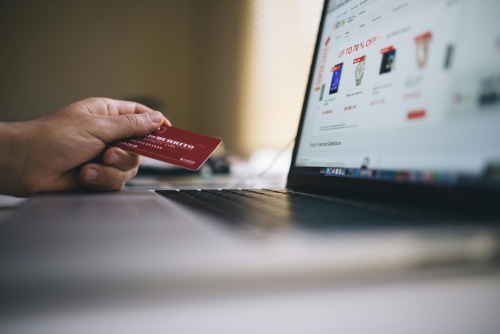Just in time for the holidays, the U.S. Customs and Border Protection (CBP) is warning consumers about the dangers of buying counterfeit products. Counterfeit items are often sold at a fraction of the price of the real thing, making them an attractive option for holiday shoppers on a budget. Unfortunately, these products are often of poor quality and can pose a serious health and safety risk. In addition, counterfeiters often use child labor or forced labor to produce their goods, meaning that your purchase could support human trafficking. So before you buy that knock-off designer handbag or counterfeit watch, consider the risks involved. It’s not worth risking your safety or supporting illegal activity just to save a few dollars.
What are counterfeit goods?
Counterfeit goods are fake copies of products that are produced without the permission of the original manufacturer. Counterfeit goods can be found in a variety of industries, including fashion, accessories, electronics and even food.
The term “counterfeit” means to copy something illegally. In the case of counterfeit goods, a company or individual creates an item that resembles a popular brand’s product but is not manufactured by them. The imitated items may have flaws or defects that make it obvious they aren’t authentic.
Rules and regulations regarding counterfeit products are strict in the U.S. That’s why you should never rely on an unprofessional law firm when dealing with such a sensitive issue. Abady Law Firm is a well-reputed name when it comes to dealing with legal matters of importing and exporting. If you’re having problems with your cargo, consider getting in touch with Abady Law Firm by clicking here.












